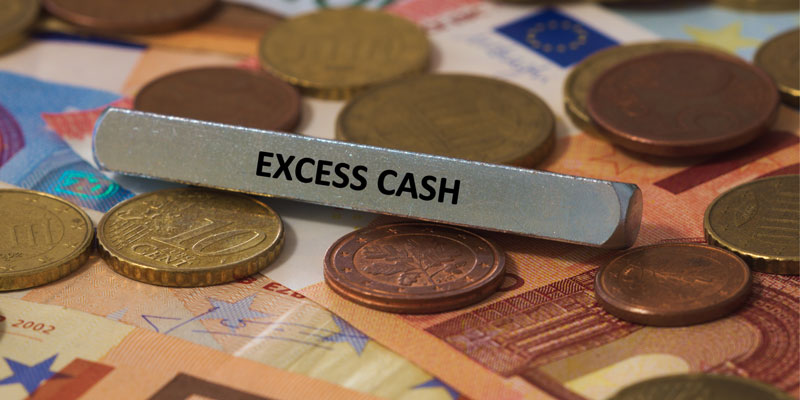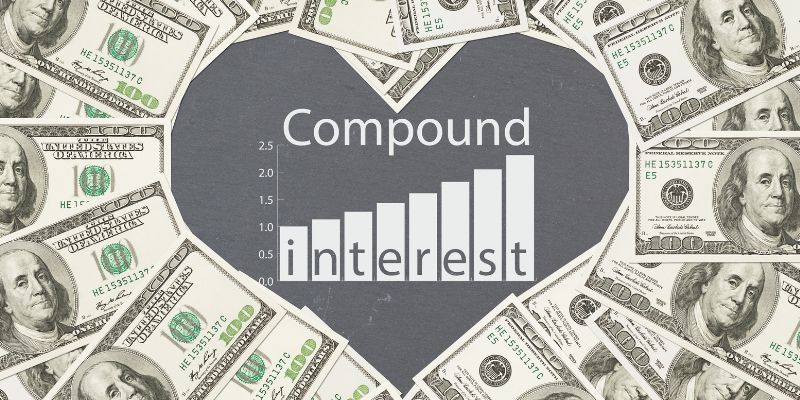How many different things may go wrong when purchasing a property is incredible. First, it may be difficult for you to obtain preapproval for a mortgage or save enough money for a down payment. Then, as you go closer and closer to the closing table, a final house inspection can uncover anything that has to be corrected. If money is the primary obstacle preventing you from purchasing your ideal house, the seller may be willing to make financial accommodations for you in the form of a concession. When preparing to purchase a property, consider working with a financial counsellor.
Explaining Closing Costs
Let's review how closing expenses function before entering the seller concessions. Closing expenses are fees that the buyer or borrower must pay at the closing of a property transaction. The typical range for these costs is 2-5% of the home's selling price, although the precise amount a buyer may have to pay will depend on the specifics of the transaction.

Some of these fees, like the loan origination charge or the commission for the real estate agent or broker, may be negotiated if you have a strong connection with the people involved in the property transaction. However, you may still attempt bargaining for a seller discount if that isn't an option.
What a Seller's Concession Means
A seller concession is a financial benefit provided to a buyer by the seller in exchange for the buyer's agreement to the terms of the sale. You can use the seller's contribution towards your closing expenses or HOA dues. Or, the seller may agree to pay for the buyer's repairs if the buyer discovers anything that is damaged or not according to the code during the inspection.
A seller may provide the buyer with a one-time-only opportunity, such as an all-expenses-paid vacation, in exchange for purchasing their house. No matter what it is, seller concessions have the potential to reduce the out-of-pocket costs for potential new homeowners dramatically.
In reality, both parties can win from a seller concession. The purchaser's total debt is reduced and may be eligible for a tax break. Meanwhile, a seller might try to move an unsold house by offering concessions.

Seller concessions are available for homebuyers using government-backed mortgage programmes, including FHA, VA, and USDA. However, some regulations restrict how much a vendor may get as payment. Seller contributions towards closing expenses are limited to 6% of the purchase price when the buyer uses FHA financing.
Seller Concessions: The Pros and Cons
Both homebuyers and sellers can benefit and suffer from seller concessions. Some of the most important ones are discussed here.
Benefits to the Buyer
Reduced closing fees mean a more manageable mortgage payment for property buyers already facing a sizable outlay. Homebuyers may have more financial flexibility with the help of seller incentives. Increase your offer price if the house sale is contingent on concessions, as you will have fewer out-of-pocket expenses. That may increase the likelihood that your offer will be accepted.
Cons for the Buyer
In a buyer's market, it's best to negotiate for discounts from the seller. A less restrictive offer may be chosen above yours if significant competition for your desired house exists. You'll be trapped in a more costly loan if you use seller concessions to reduce out-of-pocket expenses before closing to borrow more money. That'll result in many extra interest payments spread over a lengthy time.
Benefits for the Seller
Swiftly close the deal: Every homeowner dreads the prospect of their house remaining on the market for too long. However, there are times when you may need to move quickly to sell your home. Offering seller concessions can speed up the sale of your house if, for instance, you're buying a new place and want to prevent mortgage payments from being doubled up. You may have a hard time selling your property if there are a lot of other houses on the market in your area, but you need more potential buyers. Concessions can be used to "sweeten the deal" and encourage more desirable bids.
Cons for the Seller
Lesser sales revenue: Any seller concessions you make will cut into your final sale proceeds.
The Summing Up
You must have enough money to handle the closing fees when purchasing a property. Depending on the state of the market and other monetary factors, a seller's willingness to pay some or all of the buyer's closing fees might be to everyone's advantage.




